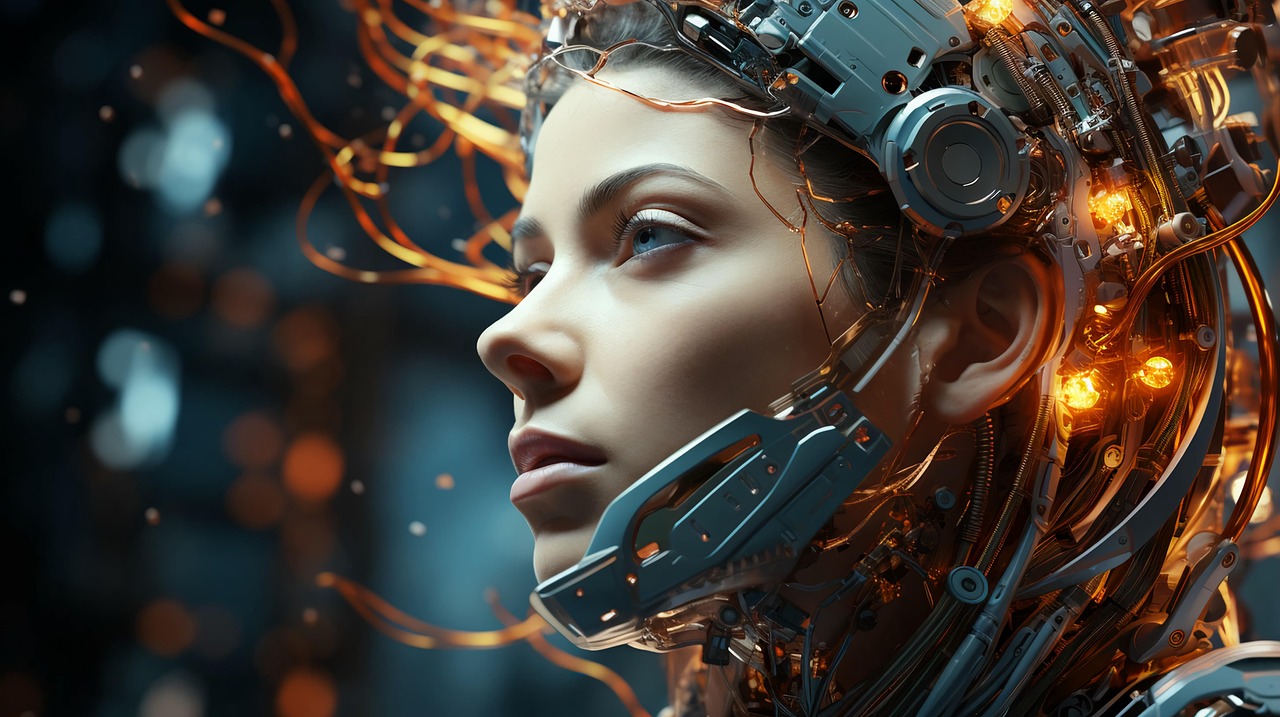In today’s fast-paced world, technology is making strides at an unprecedented pace. One such fascinating development is the creation of a digital clone. But what exactly is a digital clone, and should you be worried about it?
A digital clone is essentially a virtual version of a person or a product. It is a software-based representation that bears remarkable similarity to its physical counterpart. The Digital clone can replicate behavior, physical appearance, and can even mimic emotions.
Digital clones have been in existence for some time but have mostly been used in the entertainment industry. For instance, Hollywood studios use digital clones to bring actors back to life long after their death. One such example is the digital clone of Peter Cushing, who was brought back to life in “Star Wars: Rogue One.”
But as technology continues to advance, the use of digital clones has expanded beyond the entertainment industry. Companies are now using digital clones for commercial purposes. For example, an e-commerce company can create a digital clone that examines your interests, purchasing history, and other behavior patterns to then predict and recommend the products that you are most likely to buy. In essence, a digital clone is a way for companies to tailor their products and services to individual users’ needs.
Some people have raised concerns about the use of digital clones, and for a good reason. Cybercrime is on the rise, and the creation of digital clones could increase the risk of identity theft and other malicious activities. Hackers may steal data from a digital clone, and this could lead to a breach of personal information. The information gathered by a digital clone can be used to create targeted ads that are often intrusive and creepy.
Despite the potential drawbacks, the use of digital clones has many advantages. Digital clones can be used to create virtual assistants, who can remind us of our appointments, send emails, make calls, and perform other routine tasks. Additionally, digital clones can be used to improve customer service. They can assist customers in finding products or services that fit their needs, answer common questions, and resolve issues.
There are also advancements being made in the healthcare industry using digital clones. For example, a digital clone can be created to analyze a patient’s medical history to identify patterns and suggest treatment options. With their ability to quickly process vast amounts of data, digital clones can help healthcare providers make more informed decisions.
There’s no denying that the future of technology will be shaped by the rise of digital clones. But, it’s also essential to acknowledge that there are potential concerns that must be addressed. How can we ensure that the data collected by digital clones is kept secure? How can we prevent the abuse of digital clones by cybercriminals? And, perhaps most importantly, what are the ethical implications of creating a digital replica of a human being?
These are critical questions that must be answered before digital clones become more widespread. But, one thing is for sure; digital clones will become increasingly prevalent in our lives. They will undoubtedly revolutionize the way we interact with technology and the world around us.
Digital clones are an exciting development that has the potential to change our lives dramatically. While there are concerns about the use of digital clones, their benefits outweigh their potential drawbacks. However, it is crucial to be aware of the risks associated with them and ensure that they are used ethically and responsibly. In the coming years, as technology continues to advance, it will be fascinating to see how digital clones shape our lives and society as a whole.




